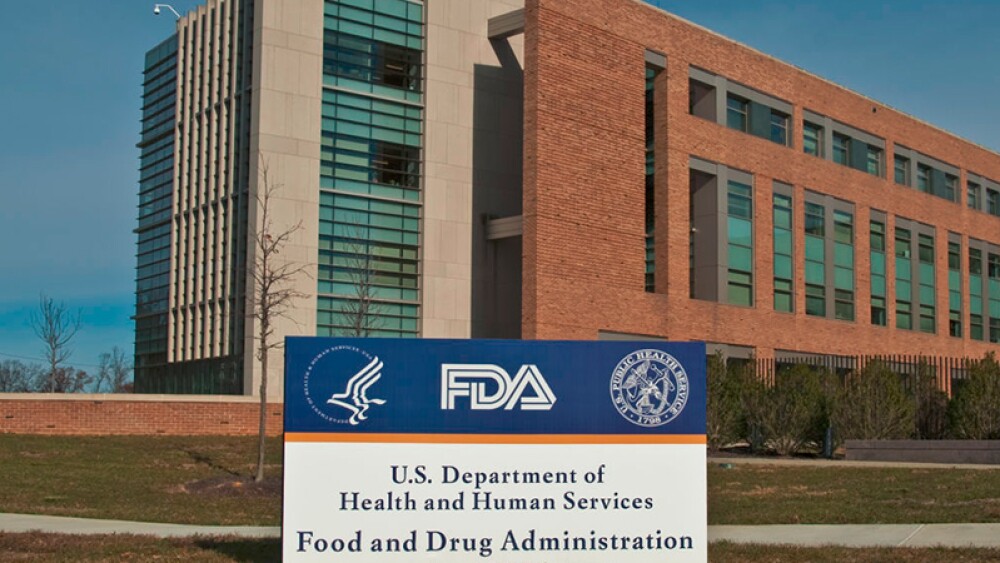June 12, 2017
By Alex Keown, BioSpace.com Breaking News Staff
REDWOOD CITY, Calif. – Shares of Coherus BioSciences are down more than 30 percent this morning after the company received a Complete Response Letter from the U.S. Food and Drug Administration for its biosimilar to Amgen ’s Neulasta, a drug designed to reduce the chance of infections in cancer patients.
In a statement this morning, Coherus said the FDA’s letter did not call for additional clinical studies, but rather requested a reanalysis of a “subset of subject samples with a revised immunogenicity assay.”Additionally, the FDA asked for additional information related to the manufacturing process of CHS-1701, a biosimilar candidate of pegfilgrastim under the 351(k) pathway. Coherus said the CRL also did not specify if additional process qualification lots would be required. Also, Coherus said the FDA’s letter does not raise concerns over the good manufacturing practices of CHS-1701 bulk manufacturing and fill-finish vendors.
Denny Lanfear, president and chief executive officer of Coherus, said he was disappointed in the delay. He said the company will work with the FDA to address the requests of the regulatory agency In order to speed along possible approval of the biosimilar.
“We are encouraged that a patient study has not been requested and we expect that we will be able to respond to the FDA and meet with them to define a path forward in the coming months. Neulasta is the largest selling oncology biologic in the U.S., and we anticipate CHS-1701’s approval will generate significant U.S. healthcare savings while increasing patient access,” Lanfear said in a statement.In October 2016, the U.S. Food and Drug Administration accepted Coherus’ Biologics License Application for CHS-1701, a biosimilar to Neulasta. Amgen’s cancer product generated about $4.5 billion in revenue last year. Biosimilars, which are made inside a living cell, are always uniquely different in composition, which differentiates them from generic drugs, which are exact replicas of other drugs. They have been widely available in Europe since 2006, but the FDA was only granted the right to review and approve them when Obamacare was passed in 2010.
Even as Coherus works to meet the FDA demands, the company is still facing litigation over the biosimilar. In March, Amgen filed a trade secret action against it alleging trade secret misappropriation.
In a copy of the complaint sent to BioSpace, Amgen said its lawsuit was about a “massive conspiracy by disloyal former Amgen employees” who went on to found Coherus. The lawsuit says that Coherus and its strategic manufacturing partner, KBI Biopharma Inc., are “unfairly competing” against Amgen with a development of the biosimilar to Neulasta by “inducing numerous Amgen employees” to breach confidentiality agreements regarding Amgen’s pipeline. The lawsuit names former Amgen employee Howard S. Weiser, currently executive director at Coherus, as a trade secret violator. Weiser served as executive director of Amgen’s national oncology accounts until January of this year, according to his LinkedIn profile.
Lanfear, a former Amgen employee, said the company believes Amgen’s lawsuit is without merit. Coherus believes this lawsuit is best understood as an effort by Amgen to use baseless litigation in an effort to delay Coherus as a competitor in the pegfilgrastim market, Lanfear said at the time.
Neulasta is not the only Amgen drug Coherus is targeting with a biosimilar drug. Coherus is also developing CHS-0214, a proposed biosimilar of Enbrel, Amgen’s blockbuster rheumatoid arthritis drug. Coherus is developing CHS-0214 with Baxalta, which is now part of Shire PLC.





